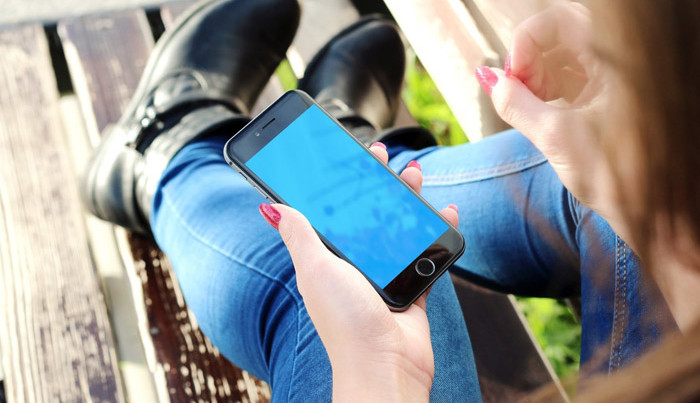How Much Screen-time is Too Much?

Astonishingly enough, Oxford University scientists found no relevant evidence for a connection between so-called screen time and well-being among adolescents...
Astonishingly enough, Oxford University scientists found no relevant evidence for a connection between so-called screen time and well-being among adolescents.
A new study based on data from more than 17,000 adolescents sheds serious doubt on the commonly held belief that too much time spent looking at screens, playing video games or watching TV (especially at bedtime) can have a serious negative impact on the mental health of adolescents.
Research found that daily screen time had little impact on adolescent mental health. This applies to both the weekend and weekdays. Also the time of use seems irrelevant: Whether the devices were used two hours, one hour or 30 minutes before going to bed made no clear difference. This is surprising when most parents and educational institutions take it as a given that too much screen-time is bad and some even recommend maximum ‘safe’ viewing duration.
A new study based on data from more than 17,000 adolescents sheds serious doubt on the commonly held belief that too much time spent looking at screens, playing video games or watching TV (especially at bedtime) can have a serious negative impact on the mental health of adolescents.
Statistics
The detection of the psychological effects of modern technology is not an easy task and accordingly there are more 'opinions' on this subject than are backed up on solid evidence. When analyzing three different sets of data — which used a more accurate methodology to access actual screen-time (rather than relying on self-declared estimates). There was little evidence of any correlation between adolescent mental health and the amount of time spent gazing at their screens, even when the devices were in use immediately before bedtime.Research found that daily screen time had little impact on adolescent mental health. This applies to both the weekend and weekdays. Also the time of use seems irrelevant: Whether the devices were used two hours, one hour or 30 minutes before going to bed made no clear difference. This is surprising when most parents and educational institutions take it as a given that too much screen-time is bad and some even recommend maximum ‘safe’ viewing duration.
